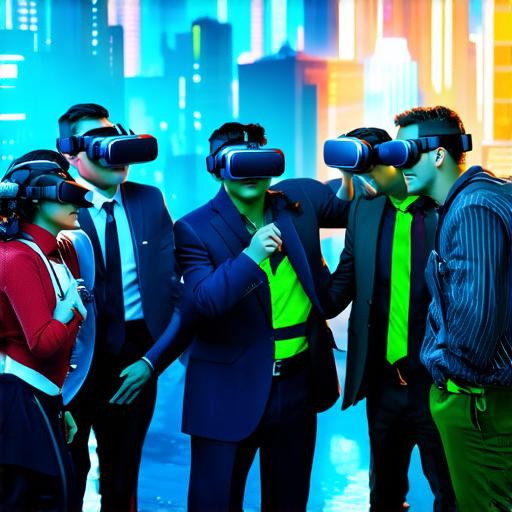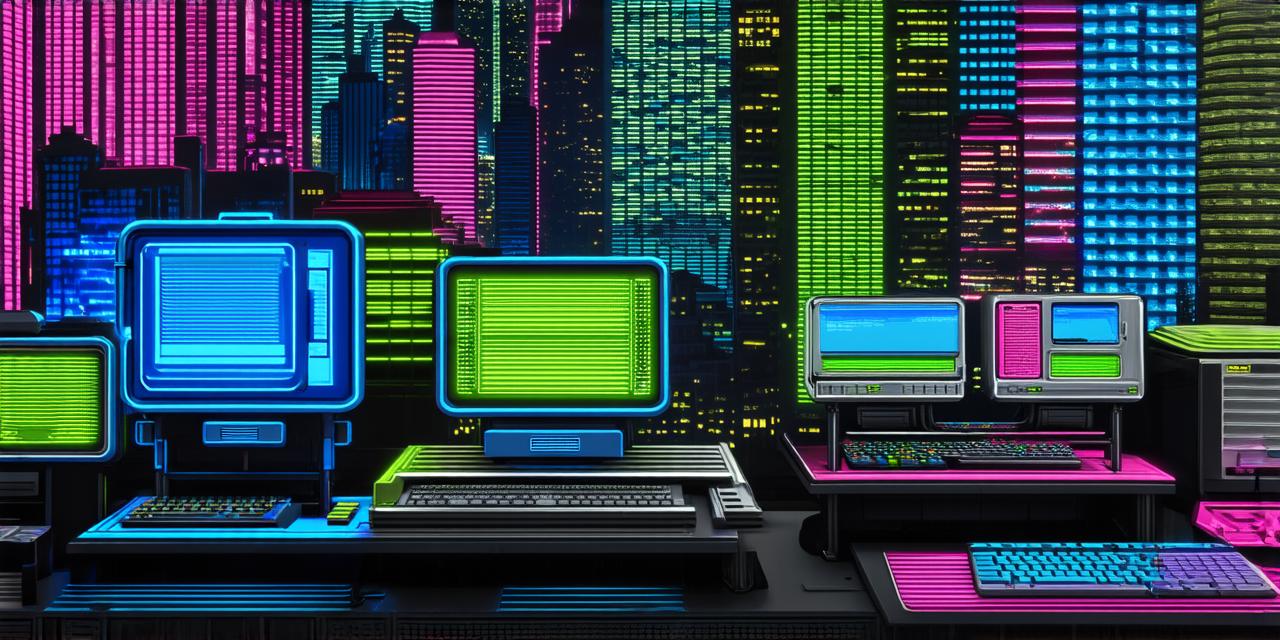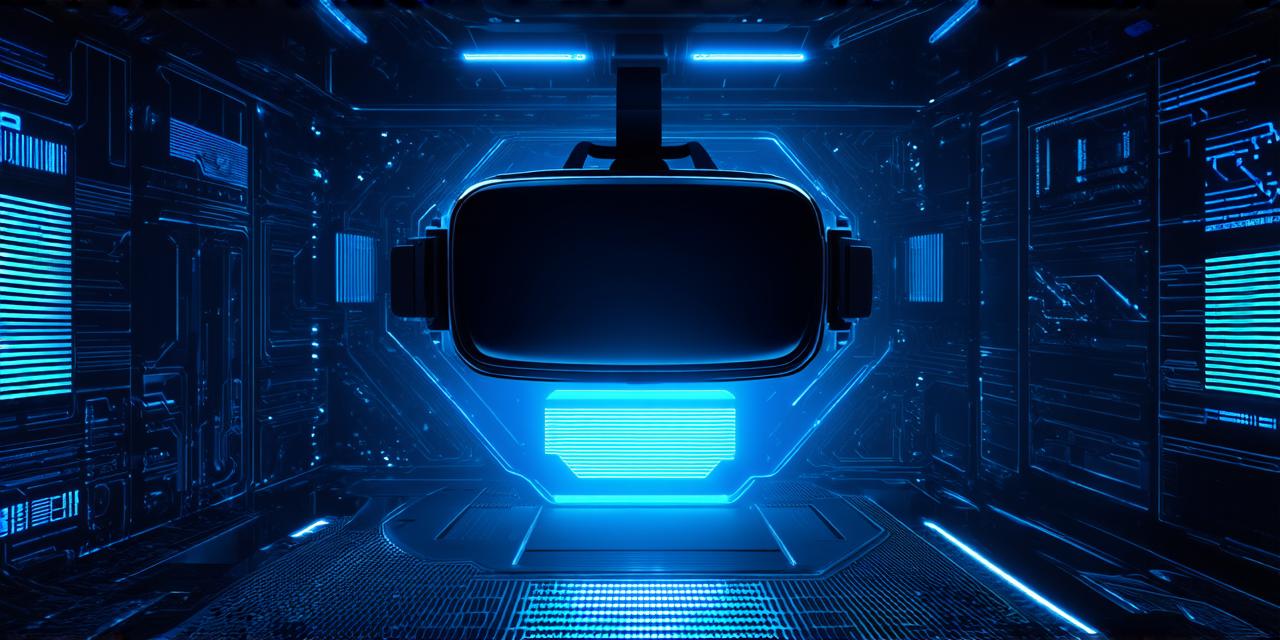
In what way can virtual reality be used?
Virtual reality (VR) technology has revolutionized the way we interact with digital environments. It is a computer-generated simulation of a 3D environment that can be experienced and interacted with using specialized VR devices such as headsets, gloves or hand controllers, and sensors.
In this article, we will explore some of the ways in which virtual reality can be used across various industries.
Table of Contents
Toggle1. Gaming:
Virtual reality is commonly associated with gaming, as it provides an immersive gaming experience that allows players to feel like they are part of the game world. VR games often involve first-person shooter or adventure games, where players can explore and interact with virtual environments in real-time.
2. Education and Training:
Virtual reality can be used for education and training purposes by providing a safe and controlled environment for students to learn and practice new skills. For example, medical students can use VR simulations to practice surgeries, while pilots can use VR simulations to practice flying without the risk of crashing an actual plane.
3. Design and Engineering:
Virtual reality can be used in design and engineering by allowing architects and engineers to visualize and test their designs in a virtual environment before building them in real life. This can help to reduce errors and improve efficiency, as designers can make changes quickly and easily without the need for physical models or prototypes.
4. Marketing and Advertising:
Virtual reality can be used in marketing and advertising by providing companies with a unique way to showcase their products and services. For example, car manufacturers can use VR simulations to allow customers to test drive their cars in virtual environments, while furniture retailers can use VR simulations to allow customers to see how their furniture would look in their homes before making a purchase.
5. Tourism:

Virtual reality can be used in tourism by allowing people to explore and experience destinations around the world from the comfort of their own homes. This can be particularly useful for people who are unable to travel due to financial or health restrictions, or for people who want to experience a destination without the hassle and expense of traditional travel.
6. Mental Health:
Virtual reality can be used in mental health by providing a safe and controlled environment for people to confront and overcome their fears and anxieties. For example, phobia sufferers can use VR simulations to expose themselves to their fears in a virtual environment, which can help them to desensitize to the stimuli and reduce their anxiety levels.
In conclusion, virtual reality is a powerful tool that can be used across a wide range of industries. From gaming to education and engineering, marketing to tourism and mental health, virtual reality has the potential to revolutionize the way we interact with digital environments and improve our lives in countless ways. As VR technology continues to evolve and become more accessible, we can expect to see even more innovative uses for this exciting technology.

